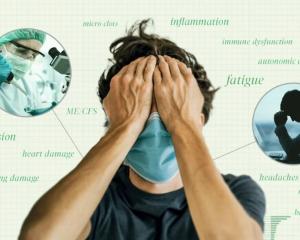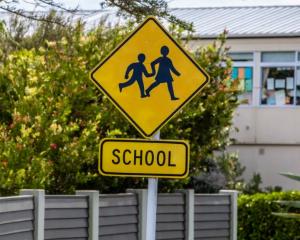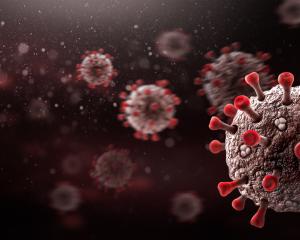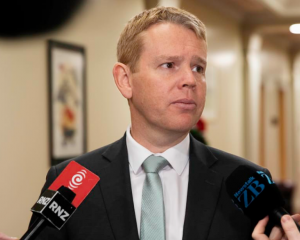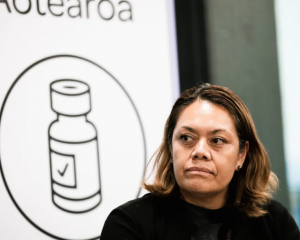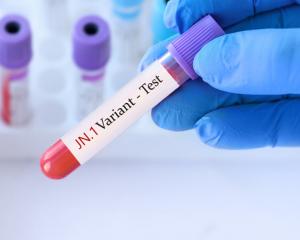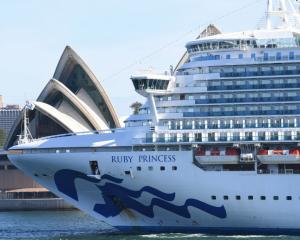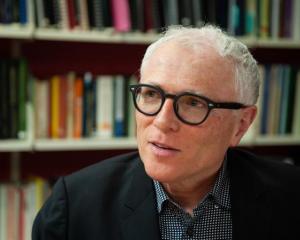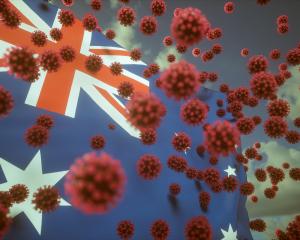It has always been a matter of trust.
So much of our Covid-19 response has hinged on how much New Zealanders can be trusted to do the right thing.
The lockdown worked because most of us did as we were asked and stayed homed. Some — well, thousands — did not, but luck and good fortune somehow prevented the virus’ spread.
Contact tracing worked because many — but by no means all — of those who fell ill either recorded their visits or were honest about where they had been.
Social distancing and mask wearing have worked, so far, because enough of us are doing as we have been asked and enough of us have not met the recently-ill, who have not.
We have been trusted to play our part in slowing and containing the virus. Enough of us — perhaps, by now, barely enough of us — did not betray this trust.
Cabinet might today make a decision that, in many ways, will be guided by what it knows about our collective conscience as much as what it knows about the science.
It will review social distancing restrictions on commercial flights as it considers changes to the national alert levels and with it, the fortunes of the regions.
Queenstown Lakes Mayor Jim Boult wants the Government to drop restrictions that, in some cases, cut the number of travellers on commercial flights by half.
Air New Zealand previously confirmed it can sell only 50% of the seats on a turboprop aircraft, and 65% on the A320s that fly from cities such as Auckland.
Auckland, Wellington and Christchurch remain Queenstown’s most important domestic markets. Their potential is severely limited by the number of seats on offer.
The South saw how heavily-booked aircraft will help stoke the on-again, off-again post-lockdown recovery during the last school holidays.
Without social distancing restrictions, thousands of people arrived to provide a sudden boost for an economy grievously harmed by the loss of international tourists.
Hotels, eateries and skifields were filled to such an extent many reported turnover that was not as horrifyingly different from last year as expected.
Few expect the forthcoming school holidays to be as busy but there is very little chance sharp deals and sharp advertising will reap rewards if social distancing rules remain.
Air New Zealand last week said the rules will cut by 50,000 the number of seats available on its flights, nationally, during the school holidays.
That is a lot of lost potential for Queenstown, Dunedin, Invercargill and every other holiday spot in between.
Mr Boult has many supporters when he says his tourist-beloved district needs more than half-empty flights to emerge from an "economically desperate situation".
Masks are already mandatory on flights. Masks are sufficient in spaces in which social distancing is impossible. It follows that requiring both on flights is excessive.
University of Otago epidemiologist Prof Michael Baker in May said masks were an important response that could mean "you don't have to have any empty seats on buses and planes".
The mask/social distancing combination was nonetheless imposed in August, when post-lockdown complacency was knocked by the resurgent virus in Auckland.
It would be fair to say not much has changed since then. The virus remains in the Auckland community and has yet to spread to the South Island.
Half-empty flights and face masks will almost certainly have helped prevent the virus’ spread, just as restrictions in Auckland — despite the recklessness of those unwilling to accept their part in our social compact — helped contain it.
The Government says it does not want to see Covid-19 in Queenstown as a result of it spreading on an inbound flight, but that it is mindful of how the restrictions are affecting tourism and the southern economy.
It will take another look at the settings today, a fortnight from the first Monday of the school holidays, and it will weigh up the latest official advice against health and economic priorities.
The Government has consistently said the best economic response is a strong health response. It must now consider whether relying upon New Zealanders keeping their masks on, washing their hands and being honest about their health is enough to maintain that response, and improve the health of the tourist economy.

